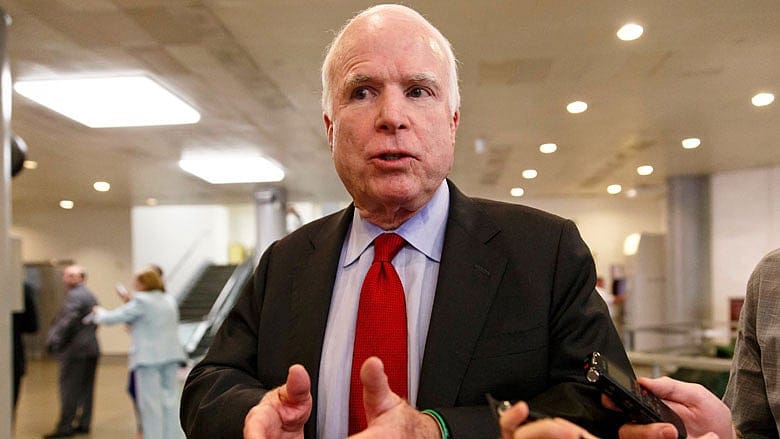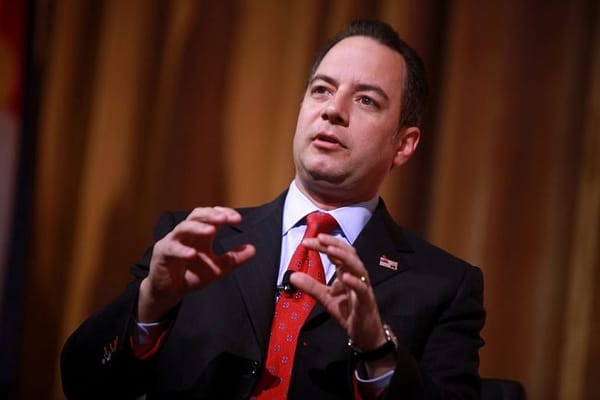GOP-led Congress added $5.1B in earmarks in FY2016

(CNSNews.com) — The price tag for congressional legislative spending provisions — commonly referred to as "earmarks" — added by the Republican-controlled Congress for Fiscal Year 2016 totaled $5.1 billion, reflecting an 88.9 percent increase since 2014, according to Citizens Against Government Waste (CAGW).
The non-profit group, which focuses on federal waste, fraud and abuse, released its 24th annual report on earmarks — pejoratively referred to as pork-barrel spending — Wednesday in Washington, D.C.

